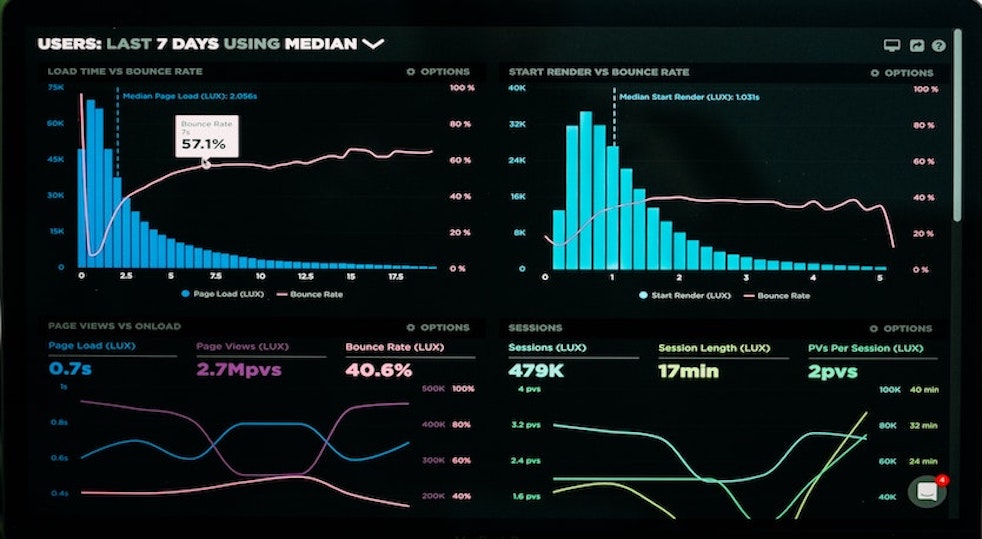To complement our series of QuickReads covering measurement, we will now explore the various data…
Managing Change – London 28th November
 In June 2013, £11.5bn of further public spending cuts were outlined for 2015-16 and, in light of this latest spending review, central government departments are facing some difficult choices and challenges. Priorities have been set that require urgent attention: the capability of boards and departments, major projects and procurement, and management information. These priority areas run alongside the Corporate Governance Code that has enshrined five core themes around strategic clarity, commercial sense, talented people, a results focus, and better management information. What actions can organisations take to make the most of data and management information, and how do we ensure that the right people with the right skills are in the right roles? The public services of the future will need an emphasis on different skills to those traditionally found in the sector. There needs to be a greater focus on leadership, digital, commercial and project and programme management skills.
In June 2013, £11.5bn of further public spending cuts were outlined for 2015-16 and, in light of this latest spending review, central government departments are facing some difficult choices and challenges. Priorities have been set that require urgent attention: the capability of boards and departments, major projects and procurement, and management information. These priority areas run alongside the Corporate Governance Code that has enshrined five core themes around strategic clarity, commercial sense, talented people, a results focus, and better management information. What actions can organisations take to make the most of data and management information, and how do we ensure that the right people with the right skills are in the right roles? The public services of the future will need an emphasis on different skills to those traditionally found in the sector. There needs to be a greater focus on leadership, digital, commercial and project and programme management skills.
With many local government councils facing an additional 10% real-terms funding cut for the next spending period, managers are having to rethink the way public services are provided and paid for. How will councils manage the funding challenge – will we see a drive for further efficiencies through restructuring, prioritised spending and tightening eligibility criteria for services? Or can public services be more joined-up to pool resources, improve services and reduce costs?
The NHS has had to manage unprecedented organisational change at a time of challenging financial and demographic pressure. The Health and Social Care Act 2012 introduced a number of key changes to the NHS in England. From 1st April 2013, the government’s reforms became operational, with the introduction of clinical commissioning groups, the economic regulator Monitor, and the independent governing body NHS England. How has the transition of such large-scale service transformation been managed, and how are the changes now helping to drive service improvement?
With these sweeping reforms under way, £11.5bn of further public spending cuts ahead, and demographic pressure squeezing resources – what can managers do to help meet the daunting challenges facing the public sector? The way services are being provided, accessed, paid for and organised is changing. With every penny counting like never before and heightened public scrutiny, it is imperative that better project outcomes and better value for money for the taxpayer are successfully achieved. Service and organisational transformation can help to drive greater efficiencies, avoid costly duplication and improve service delivery.
Visit us at the Managing Change: Transforming Services, Leading Improvements conference for the opportunity to learn from high-profile speakers from across the public sector with invaluable experience of leading innovative change initiatives at both a local and national scale. Delegates will receive advice and inspiration from a range of practical and real-life examples to help lead on service improvement.



